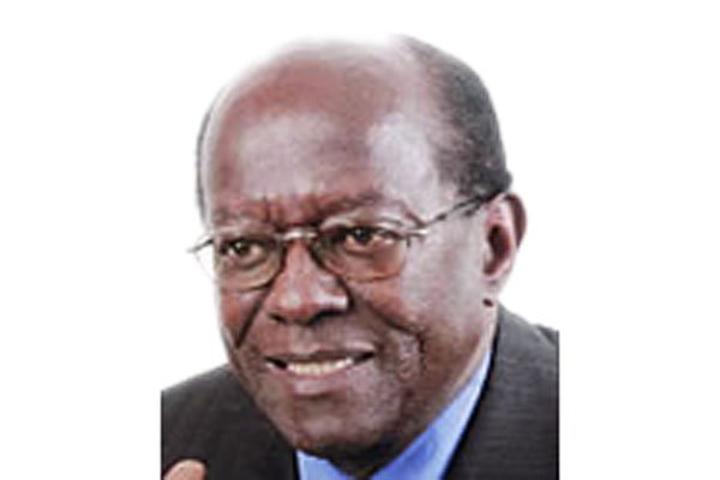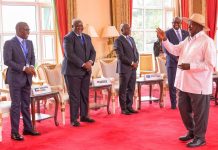Africa-Press – Uganda. The recent rift in the Supreme Court when one judge was refused to read her ruling in the presidential election petition because she had not circulated the ruling among other judges beforehand helped to highlight the inconsistences between the constitutional provisions governing presidential elections and the law which is supposed to implement these provisions. Article 104 of the Constitution governs challenges of presidential elections. It provides:l Subject to the provisions of this article, any aggrieved candidate may petition the Supreme Court for an order that a candidate declared by the Electoral Commission elected as president was not validly elected.
l A petition under sub-clause (1) of this article shall be lodged in the Supreme Court Registry 10 days after the declaration of the election results.
The Supreme Court shall inquire into and determine the petition and shall declare its findings not later than 45 days from the date the petition is filed.
It follows from the above, especially under sub-Article (3), that where the petition is withdrawn, no inquiry can take place and as such, the Court cannot make a declaration as to who was validly elected.
In such a situation, the declaration by the Electoral Commission as to who is the victor is sufficient, but Section 62 of the Presidential Elections Act allows another person to take over the withdrawn petition in contravention of the constitutional provision.
After carrying out due inquiries on issues raised in the petition, the Constitution directs the Supreme Court to make any of the three orders namely to (a) dismiss the petition (b) declare which candidate was validly elected and (c) annul the election. There is no provision for making a judgment as in ordinary cases or appeals.
Secondly, Parliament is only mandated to make a law implementing the provisions of the Constitution and there is no mandate for Parliament to add its owner orders to the three set out in the Constitution.
In spite of the above, the Presidential Elections Act adds two orders, which the Supreme Court is allowed to make contrary to the provisions of the Constitution. The two orders are the power of the Court to allow withdrawal of the petition and secondly, the power to allow a third party to take over the withdrawn petition.
It stands to reason that once a petition is withdrawn, there remains nothing to be taken over. Secondly, the two provisions are unconstitutional, null and void since they are not provided for in the Constitution.
The Court itself refused to award costs because costs are not provided for in the Constitution.
The Court’s decision on costs leads us to question the Court’s practice of applying the provisions of the Constitution to one issue and the provisions of the Act to another. This practice can work injustice as illustrated by the time frames set in the Constitution and the law.
According to Article 104(2) of the Constitution, a petition must be filed within 10 days of declaration of the election results. This is repeated in section 59(2) of the Act.
In dismissing the petitioner’s application to file more evidence outside the 10 days period, the Court relied on the provision in the Constitution and not the Act.
This practice had adverse effect on the matter before court. Section 34(1) of the Interpretation Act provides that in computing time the day on which an Act is supposed to be done is excluded. Similarly, if the last day falls on a Sunday or public holiday these days are excluded from the computation. There need for the Constitutional Court to pronounce itself on the above issues. Mr Mulira is a lawyer.






